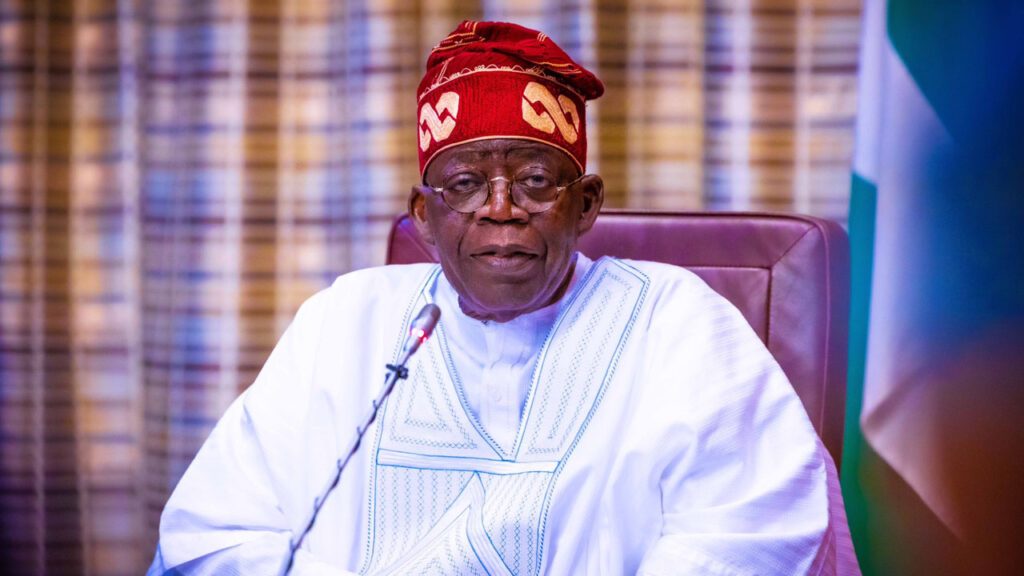
The development is a high point in Nigeria’s efforts to transition to a carbon-neutral future and to set the stage for a report that will guide the nation’s move to ensure climate and energy justice are placed at the centre of the country’s effort to transition away from fossil fuels.
ILO’s Country Director, represented by Mr Steven Agugua, said the transition to a less carbon-intensive economy was unavoidable because world governments have set net zero emissions targets. He noted that failure to prepare for the future will not only jeopardise national development but would also leave workers and some vulnerable sectors stranded.
Agugua stated that finding ways to make the transition just and equitable is the ILO’s primary strategic goal. He said this goal informed ILO’s effort to develop a just transition framework for Nigeria, which is a fossil fuel-dependent economy.
Furthermore, he said Nigeria, as a fossil fuel economy, must prepare for the transition to avoid falling behind. The JTR is a step towards achieving the ILO’s goal of assisting vulnerable sectors and workers in the transition to a decarbonised future.
Responding, NCCC Director General, Dr Salisu Dahiru, acknowledged that Nigeria was in a tricky situation with regards to climate change and the global energy transition.
According to him, Nigeria’s unique challenge lies in the fact that it is at the crossroads of two extreme climate change-related events, one being its vulnerability to climate extremes and the other being the potential impact of the green transition on the national source of income.
Dahiru said the unique situation called for the need to find ways to make the transition to a sustainable energy future fair to all.
He explained that the Commission initiated the JTR with the international organisations to ensure that the transitions did not leave Nigeria behind. The DG expressed confidence that the Centre for Climate Change and Development, which would be leading the development of the JTR, would do a good job of providing pathways for Nigeria, based on national economic and socio-technical circumstances.
The DG said that Nigeria had no choice but to participate in the global decarbonisation efforts.
In his response, Prof Emmanuel Oladipo, a renowned scholar and professorial fellow at CCCD-AEFUNAI, who led the team for the MOU signing event, expressed gratitude to the NCCC and other international partners for the chance to establish a just transition.
Oladipo, while pledging that the CCCD team would provide a roadmap that all vulnerable sectors and individuals could use to plan strategies for lowering the carbon intensity of their economic activities, said that establishing the framework was a crucial national endeavour in the shift to a future with reduced carbon emissions.













